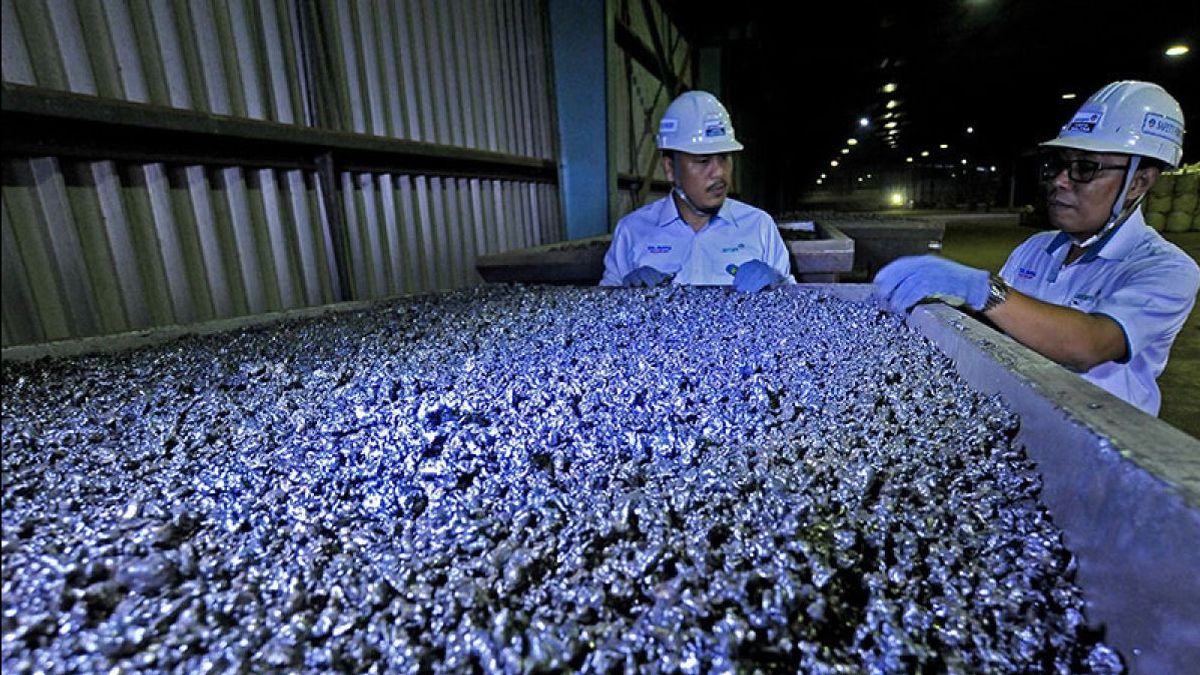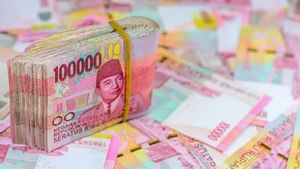JAKARTA - The Expert Board of the Anies-Muhaimin National Winning Team (Timnas AMIN), Wijayanto Samirin, assessed that the government's move to ban nickel exports would actually make the monopoly more developed. The reason is, nickel that has been processed will be sold to China.
Furthermore, Wijayanto explained that the ban on the export of nickel ore made the raw mineral have to be processed in the smelter. Meanwhile, the smelter in the country is controlled by China.
"Meanwhile, these smelters are controlled by companies from certain countries, from China. And almost surely the nickel they are processing will be exported to China. What does that mean? This means that there is a monopoly," he said at the event Dilima Downstream Mining: Limited or Expanded? in Jakarta, Thursday, January 25.
Wijayanto did not deny that the export ban on nickel ore also had a positive impact, namely the creation of added value through downstreaming. However, at the same time also faced a monopoly problem.
"The ban on raw mineral exports is good, because it encourages downstreaming. But the negative is developing a monopoly," he said.
SEE ALSO:
In addition, Wijayanto assessed that the smelters in the country controlled by China are so dominant. In fact, it can force prices so that small producers cannot sell their products outside because they have to go through a smelter.
So there were shouts even though I didn't agree, how come it's as if Indonesia is like the Chinese province. Because all the nickel products go there. And because this smelter is so dominant, he can force prices. We small producers want to sell out can't, we have to go through a smelter, so we have to accept the price no matter what," he said.
The English, Chinese, Japanese, Arabic, and French versions are automatically generated by the AI. So there may still be inaccuracies in translating, please always see Indonesian as our main language. (system supported by DigitalSiber.id)
















